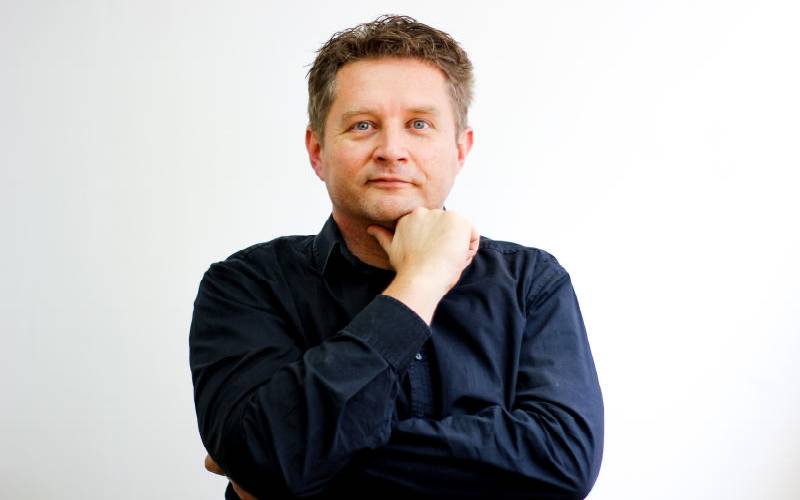×
The Standard e-Paper
Fearless, Trusted News

Everything is going digital. It is difficult to imagine how we ever survived without mobile money or Google Maps. And rapidly joining the digital age is spatial information.
“Spatial information is basically data that identifies the geographical location of features or boundaries. In our case, we take this data, splice it with geomapping and load it onto digital platforms for our clients’ easy and instant access,” explains Mark Deblois, the founder of Upande Ltd.